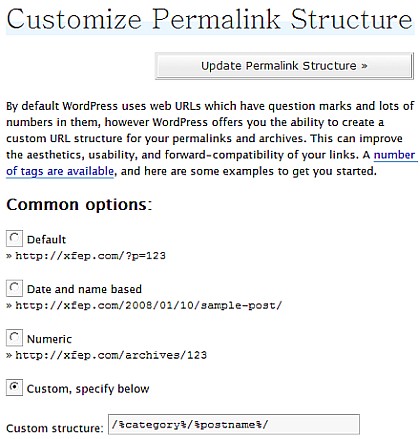A new friend of mine, Jamie Oaster, has brought up the issue of premium plugins and the potential business models surrounding them. WordPress is GPL software, and that means that plugins by proxy are supposed to all be released under GPL, as are all themes. This has severely limited the creation of a sustainable business model for themes and plugins that might have taken, days, weeks or even months to develop.
The basic premise of GPL is that everything created to use the GPL licensed code must also be released under GPL, which allows anyone to take the product you have created and re-distribute it. So if you charge $5 for a plugin, and someone buys it, they can then re-distribute it for free.
Jamie has a great article on Oaster.ca which covers all of these details and more and he is looking for some feedback on the whole thing. I have always been of the mind that plugins and themes should be excluded from the GPL since they are using hooks and template tags, rather than core WordPress PHP code, but unfortunately, this doesn’t seem to be the case.
I also believe that WordPress has matured to the point where it could do well with some developers accountable for their work through being properly compensated for their time.
Head on over to Jamie’s post and leave your opinion.
Originally posted on January 16, 2008 @ 6:40 pm
